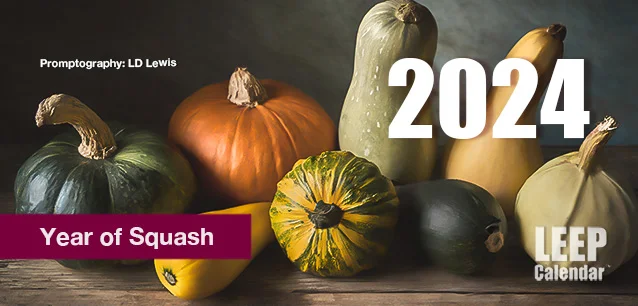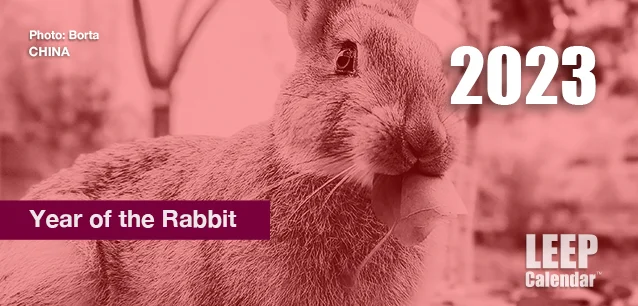 AD
AD
Today is: November 05
Scroll to explore events active on this date.
LEEP INK FEATURES

August is Appropos
A toddler playing in the fountain at a park in Santa Fe, New Mexico—Photo LD Lewis. In August, we live through the Dog Days of Summer. It's hot and often humid, and those ...

September is Sassy
Can you hear that sigh of relief from parents worldwide? Yes! September marks the return of students to school, a global phenomenon. Preparations for the ACT and SATs begin earnestly for ...

OOH LA LA, October
October is the busiest month for events, with 5% more happening than in May, the second most eventful month. Sailing enthusiasts will be glued to the finals of this year's Am...
About National Chocolate Ice Cream Day
Ends: Jun 07, 2025
DESCRIPTION:
National Chocolate Ice Cream Day celebrates the world's second most loved ice cream flavor, after vanilla.
Ice cream dates back thousands of years, with different variations and recipes evolving across various cultures. It is believed to have originated in ancient Persia, Greece, and China. Here is a brief timeline:
Persia (circa 500 BC): Persians developed a similar frozen dessert called "sharbat," made of fruit juices, water, and honey, then cooled using ice and snow from the mountains.
Greece and Rome (circa 400 BC - 200 AD): Greeks and Romans also enjoyed cooling refreshments, mixing fruit with snow and ice. Emperor Nero was known to send his servants to collect snow from the mountains to create these treats.
China (circa 200 BC): The earliest recorded ice cream-like dessert used a mixture of rice, milk, and snow. Chinese emperors and their courts enjoyed the treat.
The Arab world (circa 7th-10th centuries): Arab traders and merchants introduced sugar to the Persian sharbat recipe, creating a more refined and sweetened version. They also started using milk and cream instead of water in some variations, leading to a product more similar to modern ice cream.
Ice cream in England (17th century): Ice cream gained popularity in England when King Charles I was introduced. He enjoyed the dessert so much that he paid his chef to keep the recipe a secret, though it eventually spread throughout Europe.
Ice cream in America (18th century): European settlers brought ice cream to the American colonies. In the late 1700s, George Washington and Thomas Jefferson served ice cream at their homes, Mount Vernon and Monticello.
The ice cream churn (19th century): In 1843, Nancy Johnson patented the first hand-cranked churn, revolutionizing ice cream production and making it more accessible to the public.
The ice cream cone (20th century): The ice cream cone was invented by a Syrian waffle vendor due to a shortage of cups at the 1904 St. Louis World's Fair. The cone made ice cream more portable and convenient.
Today, ice cream is a beloved dessert enjoyed by people of all ages, with countless flavors and variations available worldwide.
VIDEOS
Currently, this event does not have supporting videos.
SUPPORTING DOCUMENTS
Currently, this event does not have supporting documents.
ADDITIONAL IMAGES
Currently, this event does not have supporting images.
Where would you like to go now?
 AD
AD


































































/footer-logo.svg)
